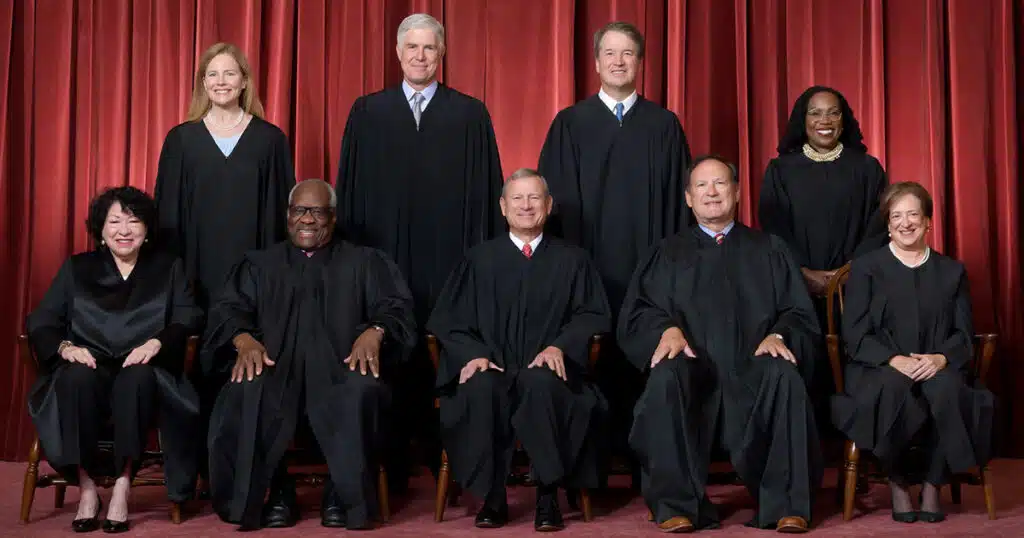
Lessons from a Gen X Politics Professor
Political divisions today run deep. Both sides are seemingly dug in against one another and crouching defensively. This makes regular civil political discourse challenging, at best, but it has really done a number on those of us who teach American politics at the college level. Professors are used to professing (it’s in the job title), and teaching American politics has always involved a certain sensitivity. Today, most of us see a new, wide expanse of landmines in our field.
This is a relatively new development. As recently as 2016, we could instruct, challenge, and question without prompting an explosion. Not anymore. In today’s American Government classrooms, a single verbal misstep, whether unintentional or deliberate, can make everything go sideways with alarming swiftness. The threats come from ideologically disparate places, so there is no single side to blame. It’s a nonpartisan political problem.
Some students on the left demand social justice and societal change, perhaps at an unreasonable speed. Some students on the right look for stereotypical liberalism from their professors that manifests itself, they have been told, in discrimination against conservatives. Both sides are ready to cancel their foes without hesitation or due process. Many professors are slack-jawed at this effect on classroom discussion.
Part of this is a function of age, both of professors and of their students. The term “middle age” applies, by definition, to those between 45 and 60 years old. As it turns out, this roughly matches the age of Generation X, give or take a year. Since it takes an average of seven years to earn a Ph.D., the bulk of the professoriate today lands squarely in the Gen X demographic. This means that Professor Gen Xer has lived a good deal of life, and still has a way to go. To repair any misconceptions, Generation X, of which I am a proud member, isn’t the slacker generation as had once been reported. We’re the ones to put our heads down and barrel through everything to fix the problems handed down to us, while at the same time making the landing a bit softer for those who come next. You’re welcome.
As for our students, they are young and full of hope, moxie, and a good deal of unwarranted self-confidence. The average 18–21-year-old is like a baby horse on wobbly legs: ready to be fast and furious but still needing adult supervision. The National Institutes of Health reports that the brain’s prefrontal cortex is not fully developed until age 25. And even though all of us will eventually grow long in the tooth (except, apparently, J-Lo), Gen X professors might recall a quotation from Matthew McConaughey’s character David Wooderson in Dazed and Confused: “I get older, and they stay the same age.”
This means that American Government professors who grew up in an entirely different political and cultural era consistently meet students who enter the classroom every semester eager to lay new landmines. When asked the best way to deal with this, there are two responsible answers. The first is to try and ignore the political climate and just stick to the textbook script: three branches of government, conference committees reconcile the differences between House and Senate versions of bills, and so on.
The second reaction is, for me at least, more fun. I try to make all the textbook material relevant to my students by teaching it according to what’s going on in the news. When the topic becomes potentially fraught, I provide charts and graphs and pictures to substantiate my lectures. More important, I never lecture exclusively, choosing instead to ask students questions and answer theirs in return. This makes it more of a conversation and less of a sermon.
For topics that veer into the potentially passionate, I allow students to raise their hands and give me the finger if I make a wrong step and become partial. This lightens the mood, keeps the students attentive, and helps me stay objective. At the end of the class, when no fury-filled-fingers have been raised, we’re all having an engaging conversation.
The lesson here is that we need to have difficult conversations in our classrooms because analytical thinking is one objective of a university education. Even more, we should acknowledge that these conversations are challenging for everyone, that opinions matter but evidence matters more, and that a little grace and humor go a long way to solve our problems. Gen Xers learned this lesson the hard way, back in the 1980s and 1990s, courtesy of George Michael.
You gotta have faith.
This article was originally published by RealClearPennsylvania and made available via RealClearWire.



